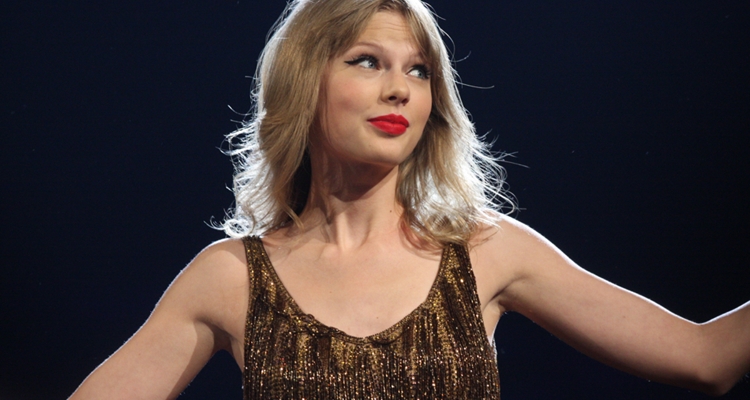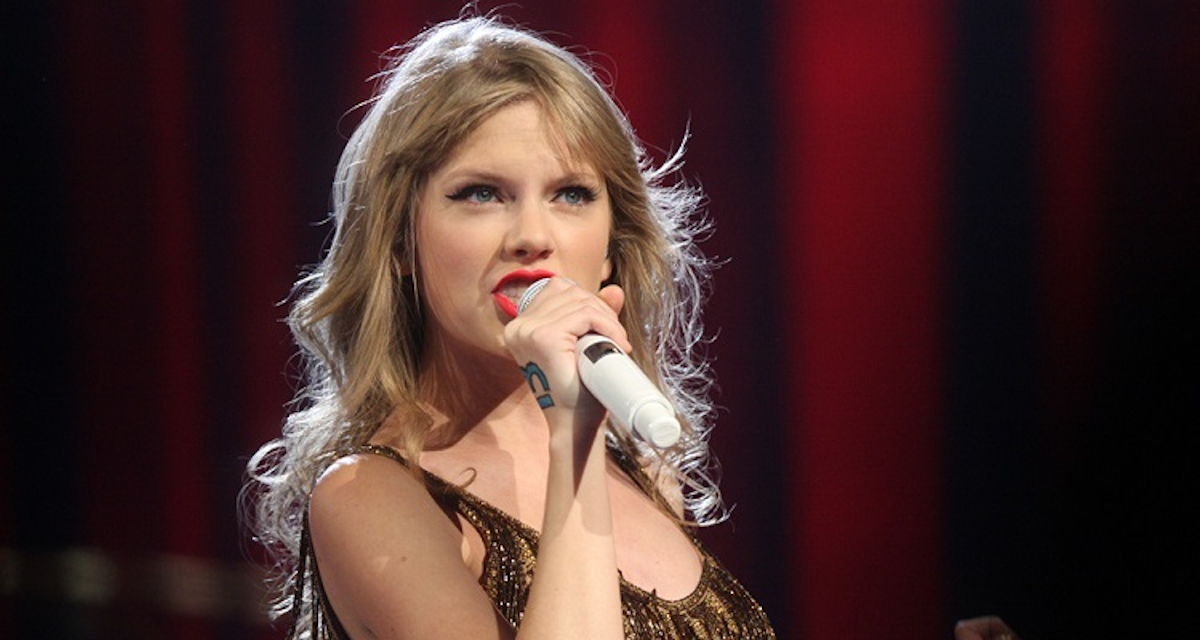
Photo Credit: Eva Rinaldi / CC by 3.0
In August, Taylor Swift submitted sworn testimony in one of the several copyright infringement lawsuits she’s faced over “Shake It Off.” Now, the Pennsylvania-born artist’s attorneys have argued that the plaintiffs signed away the right to sue upon inking publishing deals years ago.
This latest twist in the half-decade-old complaint came to light during a high-profile hearing on Taylor Swift’s latest motion for summary judgement. (The presiding judge dismissed the first of these motions back in December of 2021).
In their original action, plaintiffs Sean Hall and Nate Butler accused Swift of borrowing from a song that they co-wrote, “Playas Gon’ Play.” Newark-based girl group 3LW released the track in 2001, and per the filing parties, Swift lifted elements of the work to create 2014’s “Shake It Off.”
(As many will recall, an artist named Jesse Graham levied an entirely different infringement complaint against Taylor Swift over “Shake It Off,” which he claimed in the much-refiled action had drawn from his “Haters Gone Hate” effort.)
Back to the initially mentioned dispute over “Shake It Off,” though, Taylor Swift in her second motion for summary judgement and sworn testimony claimed, among other things, that she “had never heard the song Playas Gon’ Play and had never heard of that song or the group 3LW” until learning of the suit at the time of its 2017 filing.
As noted at the outset, Swift’s counsel is officially arguing that Hall and Butler gave up the right to sue for infringement when they signed publishing agreements.
According to a Law360 report on a recent hearing, the defense argued that the plaintiffs had “each signed away their contractual rights to file a copyright lawsuit” and had unsuccessfully approached their publishers in an attempt to obtain said rights.
“I have never in all my experience in this court or in New York or anywhere else heard of a case where a plaintiff songwriter who entered into a co-publishing agreement with these types of provisions turns around and sues over the objections and without the consent of the music publisher that owns those rights,” Taylor Swift attorney Peter Anderson said during the hearing. “And so sometimes there’s a lack of law because no one does it.”
While the judge didn’t make any rulings prior to the hearing’s conclusion, he did indicate that “of the issues that have been presented, the more interesting one because it’s more in the nature of a legal issue in which one might expect a summary judgment to be granted or not is the issue of standing,” according once again to Law360.
About six weeks ago, Taylor Swift was named in a separate infringement suit yet, centering this time on a poetry collection that was allegedly copied to create a book included with the deluxe edition of 2019’s Lover.

